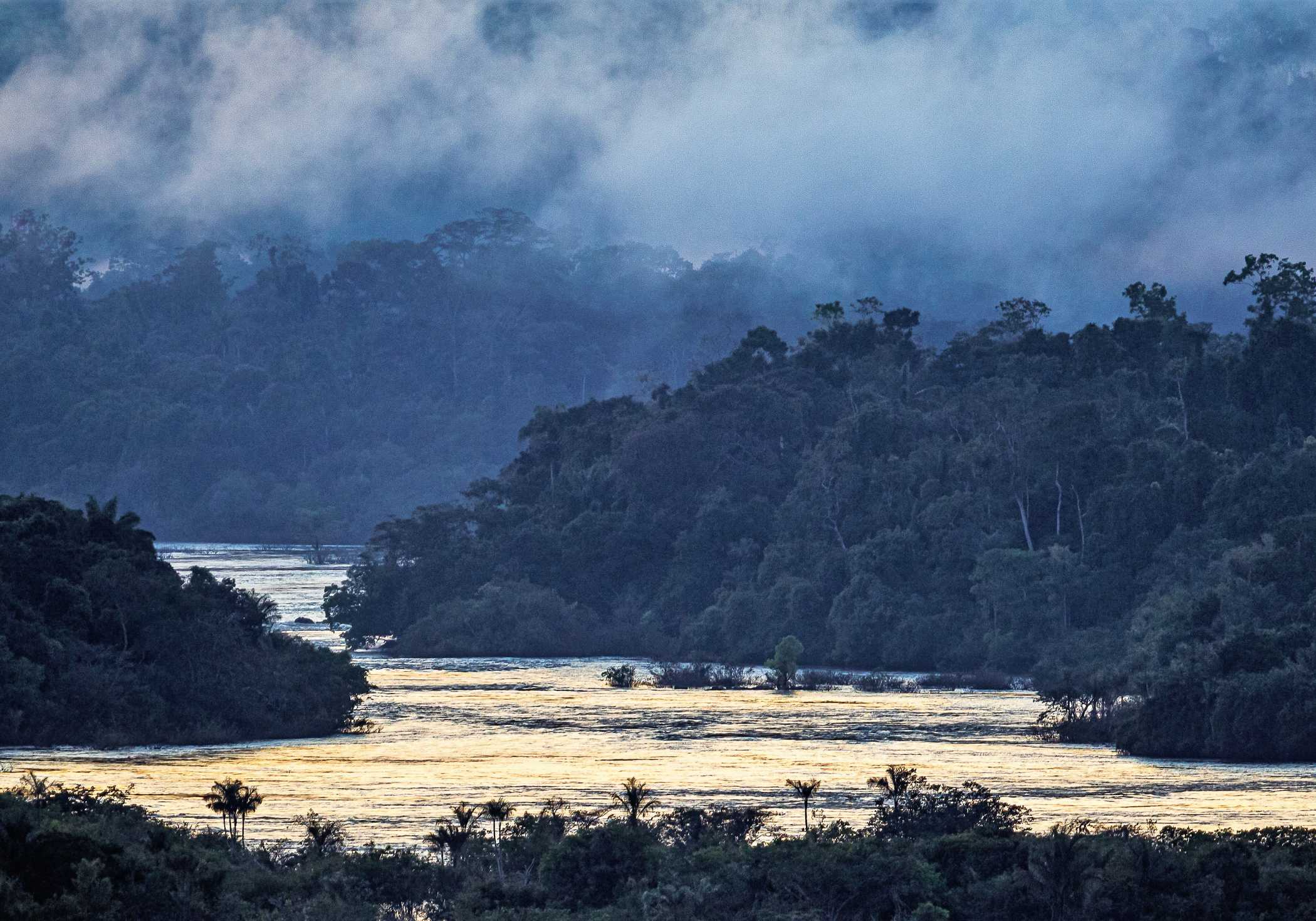Other
Our Fellows in the Spotlight : Felipe Ennes Silva
24 February 2022

What is your project about and what are its objectives?
In this project, I am connecting genomics and niche modelling to understand how Amazonian primates will be affected by climate change. Specifically, I am using whole-genome sequencing and climatic variables to understand how the paleoclimatic changes in the Amazon Rainforest influenced the genetic diversity, demographic history, and adaptive evolution in primates, which will also shed light on how adapted they are to climate change in future scenarios.
What is the expected impact of your project on society? According to you, how could your project contribute to society?
Climate change is a global threat. Investigating how adapted Amazonian primates are to this threat is more important than ever as we are witnessing a strong and rapid change in the Amazon Rainforest. Primates are a flagship for conservation actions since they are intrinsically related to tropical rainforest in intricate ecological and evolutionary ways. Along with climate change, they are directly impacted by the increasing rates of deforestation in the last five years in the Amazon Rainforest. Therefore, this project will also contribute to reassessing the conservation status of Amazonian primates and to initiatives to reduce their extinction risk. One example is the National Action Plan for Amazonian primates, where priorities for primate conservation are identified, and specific actions are taken by this network of researchers and environmental agencies.
Why did you decide to apply to Cofund IF@ULB? How do you expect the experience will contribute to your personal and professional growth?
I decided to apply as soon as I heard that a new call for applications was opened because a couple of years before I had read about the Marie Skłodowska-Curie grants and their importance for early-career scientists. I also felt compelled to apply as I am from a non-European country (Brazil). Despite the program being very prestigious in Europe, I believe that more researchers from Latin America, Africa and South Asia should apply and try such an amazing opportunity to boost their careers. I am currently focused on improving my analytical and bioinformatics skills with the support of the Ecology and Evolutionary Genomics group at the ULB. I am also involved in activities (workshops, groups, etc) that I will improve other skills that will be essential for my career (e.g. scientific writing and communication).
What are the achievements (both professional and personal) you are most proud of ?
I am proud to collect new field data on Amazonian primates since 2011 and to collaborate to produce new knowledge. Amazonian primates are among the least studied, with basic information such as “Which species is this?” (Taxonomic classification), “Where they occur?” (Geographic distribution), “How are they?” (Conservation status) still missing. I am also really happy to have my wife and son with me during my PhD in the UK and now in Belgium because these experiences have been amazing for all of us.
Finally, what’s next for you?
I am focused on getting a permanent position in the next few years so that I can consolidate my own research group and expand my network of collaborations, supervise and train students, and raise more attention to the Amazon Rainforest and its amazing biodiversity. I am also continuing to look for funds to support my research on the Amazonian primates to consolidate a long-term project that will produce scientific knowledge and provide support to local people for sustainable practices.
Find more about Felipe and his research here.

Felipe's project has received funding from the European Union’s Horizon 2020 research and innovation programme under the Marie Skłodowska-Curie grant agreement No 801505.
